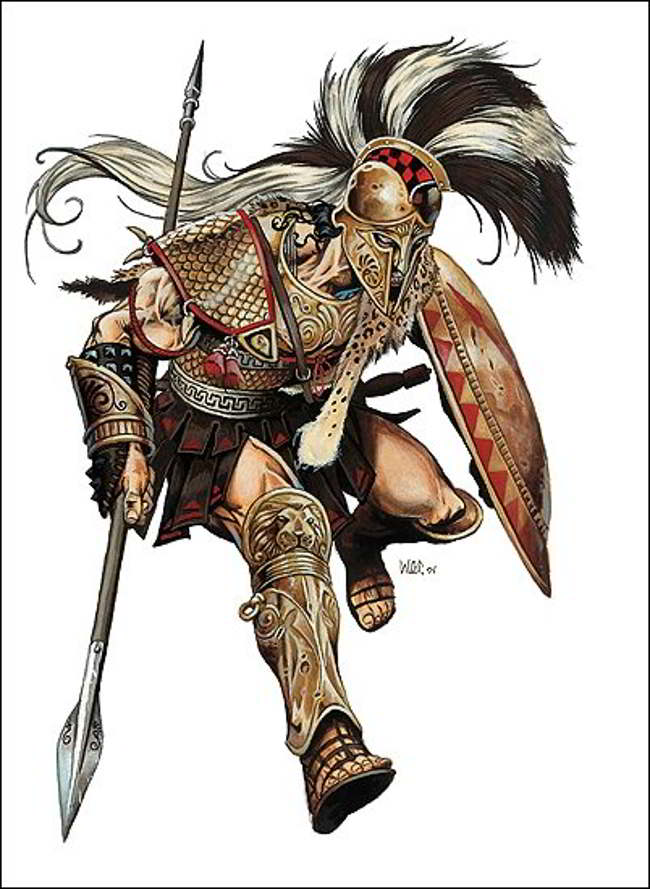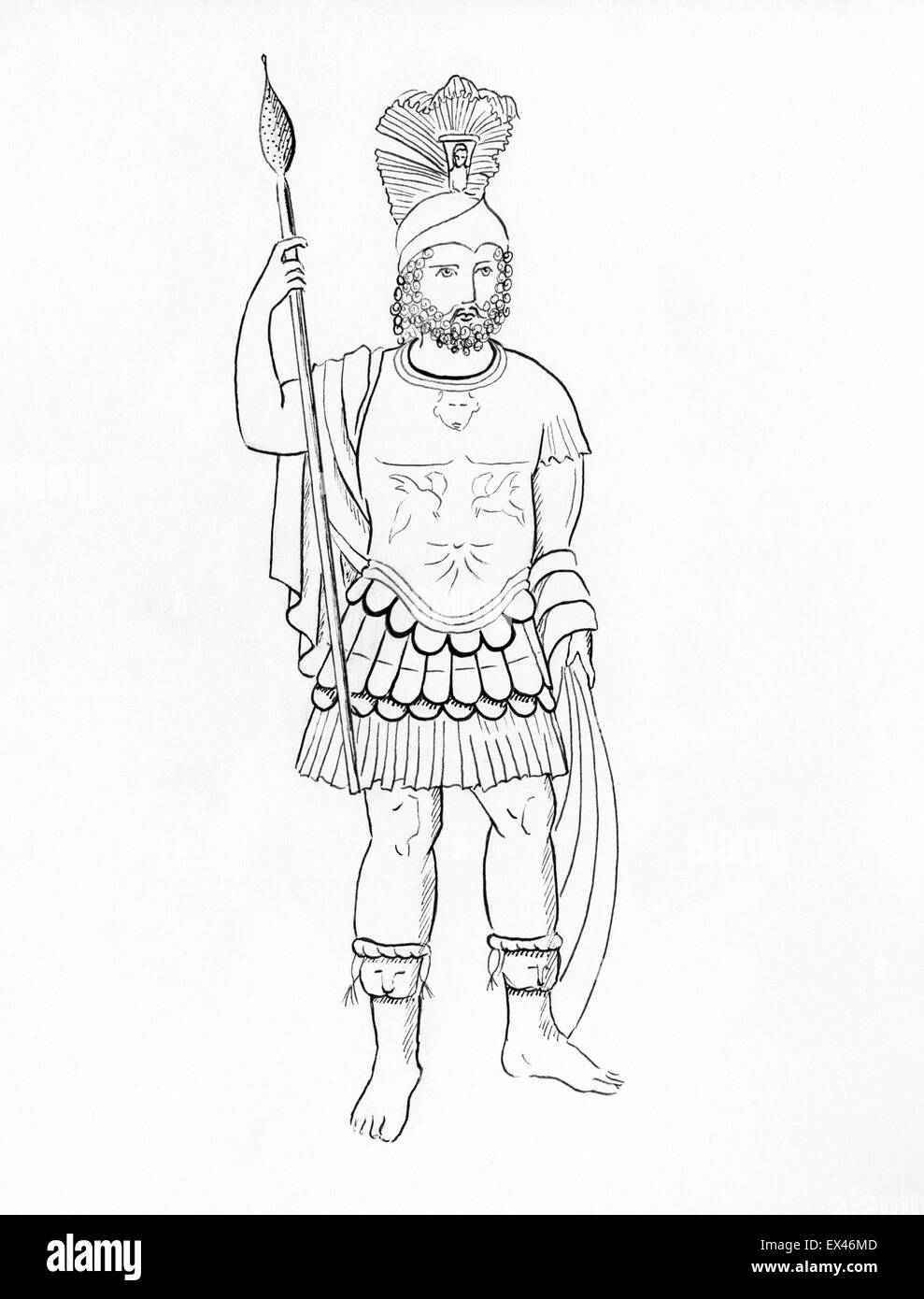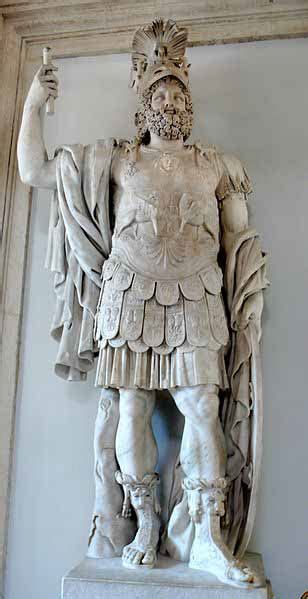Mars in Greek Mythology: Unveiling the God of War's Secrets

In the vast tapestry of Greek mythology, Mars, known as Ares in Greek, stands as the embodiment of war, violence, and chaos. Unlike other gods who wield power with grace, Mars is often depicted as impulsive and bloodthirsty. His influence extends beyond mythology, shaping cultures, art, and even modern astronomy. This blog delves into the secrets of Mars, exploring his origins, symbolism, and enduring legacy, while answering the burning questions of both mythology enthusiasts and curious minds alike. (Mars in Greek Mythology, God of War, Ares)
The Origins and Family of Mars

Mars, or Ares, is the son of Zeus, king of the gods, and Hera, queen of the gods. Despite his divine lineage, he was often shunned by his family due to his brutal nature. His Roman counterpart, Mars, was revered more positively, symbolizing military might and protection. This duality highlights the contrasting perceptions of war in ancient Greek and Roman societies. (Greek Gods, Roman Gods, Zeus, Hera)
Key Relatives of Mars
- Parents: Zeus and Hera
- Siblings: Including Athena, Apollo, and Artemis
- Children: Notable offspring include Phobos (Fear), Deimos (Terror), and Harmonia
Mars’ Symbolism and Attributes

Mars is often portrayed with symbols of war, such as a spear, shield, and helmet. His animal companions include the vulture and dog, representing scavenging and aggression. Unlike Athena, who embodies strategic warfare, Mars symbolizes raw, unbridled violence. His influence is seen in battles, bloodshed, and the darker aspects of human nature. (War Symbolism, Athena vs Ares, Greek War Gods)
| Symbol | Meaning |
|---|---|
| Spear | Weapon of aggression |
| Vulture | Scavenger of battlefields |

Mars in Mythology and Popular Culture

Mars’ stories are often filled with conflict and scandal. One famous tale involves his affair with Aphrodite, the goddess of love, which was exposed by her husband, Hephaestus. Despite his negative portrayal, Mars has inspired countless works of art, literature, and even modern media, including video games and films. (Ares and Aphrodite, Greek Myths, Mythology in Pop Culture)
📌 Note: Mars’ character often serves as a cautionary tale about the destructive nature of unchecked aggression.
Mars’ Legacy in Astronomy and Beyond

The planet Mars, named after the god of war, reflects his influence in the modern world. Its reddish appearance, often associated with blood, further ties it to warfare. Today, Mars is a focal point for space exploration, symbolizing humanity’s quest for knowledge and conquest. (Planet Mars, Space Exploration, Astronomy)
Summarizing Mars’ Secrets

From his origins as a shunned god to his enduring legacy in astronomy, Mars remains a fascinating figure. Below is a checklist to recap his key aspects:
- ✅ Son of Zeus and Hera
- ✅ Symbolizes raw violence and chaos
- ✅ Associated with the planet Mars
- ✅ Featured in myths, art, and modern culture
Mars, the God of War, continues to captivate our imagination, serving as a reminder of the complexities of human nature. Whether through mythology, art, or science, his legacy endures as a testament to the enduring power of storytelling. (Mars in Greek Mythology, God of War, Ares)
Who is Mars in Greek mythology?
+
Mars, known as Ares in Greek mythology, is the god of war, violence, and chaos. He is the son of Zeus and Hera.
What are the symbols associated with Mars?
+
Mars is often depicted with a spear, shield, and helmet. His animal companions include the vulture and dog.
How does Mars differ from Athena?
+
While Mars symbolizes raw violence, Athena represents strategic warfare and wisdom in battle.



